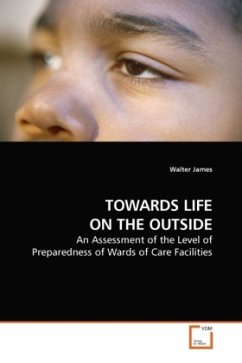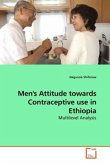Little or no difference has been found in terms or the success of institutionalization as compared to non institutionalization. The many adverse influences on an individual that seem unavoidable within any institutional setting evidently cannot be outbalanced by treatment efforts. This is especially the case for juveniles, who are vulnerable to negative influences . Each year, graduates of caring institutions must leave at age 18 years to enter the world as independent young adults. The above grim comment was made in the United Nations Standard Minimum Rules for the Administration of Juvenile Justice (1985) [Commentary on Rule 19.1.]. The comment points to the apparent failure of care facilities for children internationally to appropriately rehabilitate juveniles under their care. In Jamaica there is little data to indicate the extent of their integration and their ability to cope individually with the economic and social demands of life on the outside. This study examined theirpreparation for life on the outside and how those who are out are actually coping and integrating with society.
Bitte wählen Sie Ihr Anliegen aus.
Rechnungen
Retourenschein anfordern
Bestellstatus
Storno








